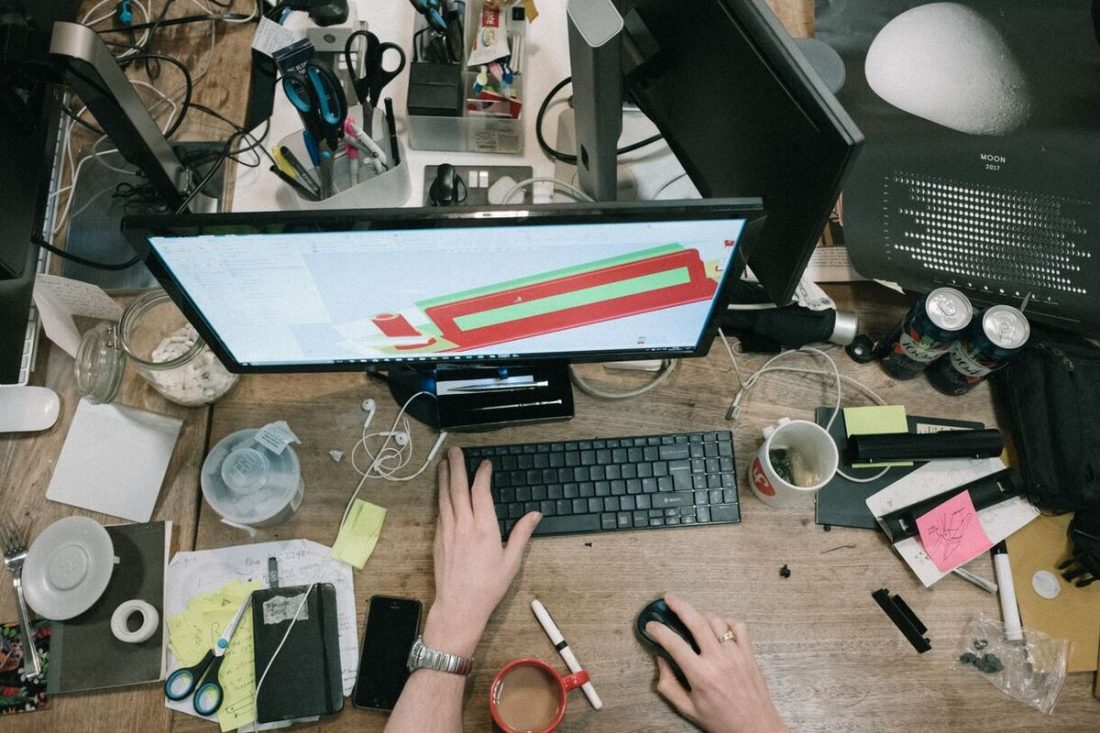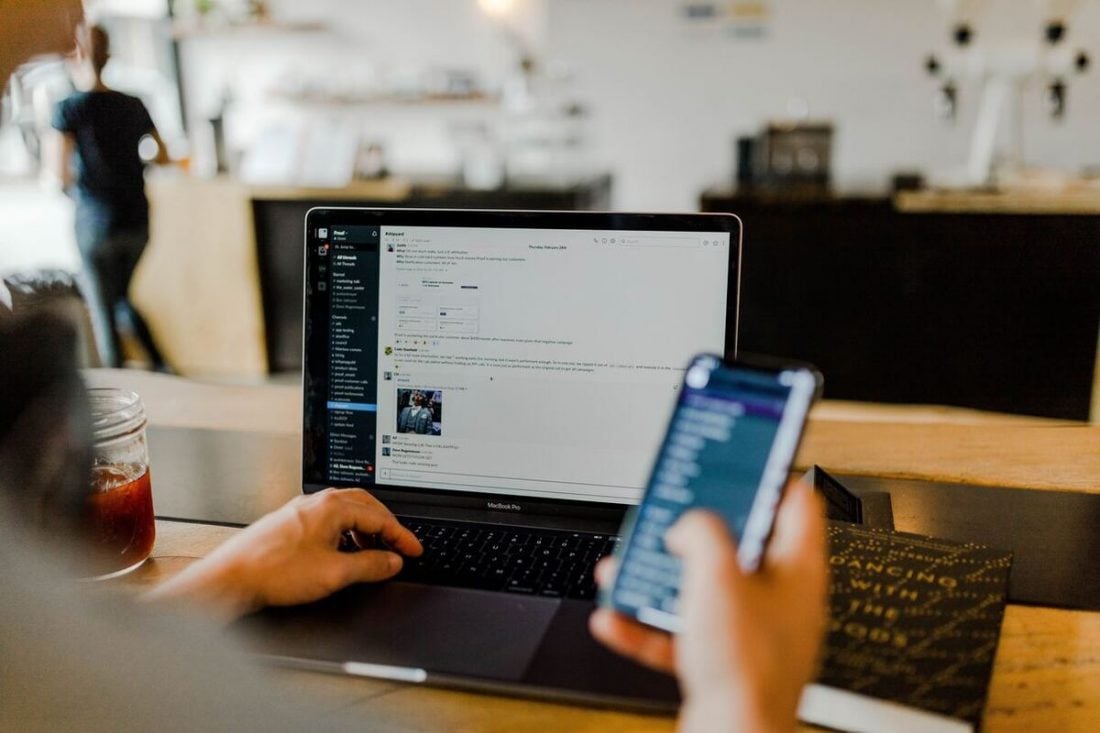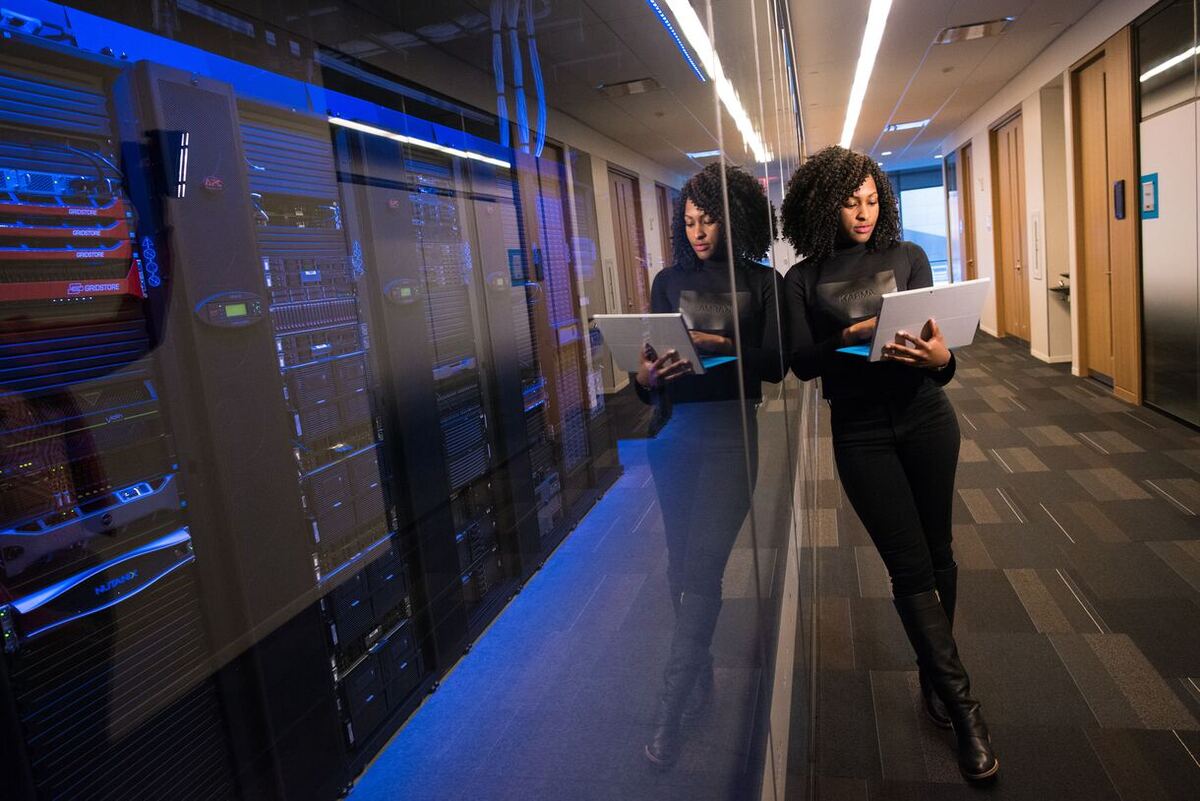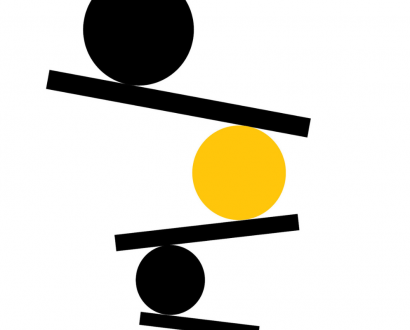Within the workplace, you will find an ever-growing list of things to do, places to be and people to see. The boundaries of our working days tend to stretch with the accessibility of technology and communication. We are presented with lots of choices within shortened time frames, all of which create different focal points of attention. Our capacity to act is reduced as we jump between choices at an increasing pace, in a constant state of being busy.
Being busy is a topic often raised in my executive coaching forums. It’s a response to why goals have not been achieved. My clients cite being busy as the reason they have lost their focus. They feel like their wheels are spinning as they attempt to lead themselves toward their goals.
Conversations with friends and colleagues often sound like this: “Hi, how are you?” “So busy! What about you?” “Yep, me too – busy.” Conversation done. A nod of the head, a look of shared understanding. There’s no time to share much more. We’re busy!
Being busy has become the new vogue. Some may say if you’re not busy you’re neither important nor effective. If you ask someone how they are, without a thought they’ll often reply “Busy!” It’s a badge of honor.
Studies demonstrate that displaying one’s busyness at work and lack of leisure time operates as a visible signal of status in the eyes of others. The positive status effect of displaying busyness is driven by the perception that a busy person possesses desired human capital characteristics – competence, ambition – and is in demand in the job market.
In a competitive landscape, status can be important; but let’s slow down and reconsider this: Are you able to be your best self and lead your way when you adopt a busy state? Does being busy and having perceived status really mean that you are a better leader?

Busyness and collaboration
Your career becomes very self-centered when it occurs in a state of constant busyness. Little time remains for collaboration. But collaboration is full of potential opportunities to build and maintain relationships, which is key to leading as your best self.
Being time poor has led to people feeling too busy to share their knowledge when requested, reducing collaboration and opportunities to learn from others. This reflects poorly on you as a leader and is not an optimal state to adopt. A myopic view of the landscape can only lead to limited perspectives.
Collaboration opens you to multiple perspectives and creative thinking.
Collaboration opens you to multiple perspectives and creative thinking. It can broaden your insights and allow you to be better informed and lead more effectively at your best. It can help you achieve your goals. It can also strengthen your own perspective and support the direction you are taking or provide you with options to select an alternative, preferable direction.
It’s useful to understand the many benefits of being mindful of your busy state and slowing down to share your knowledge. Doing so will increase your professional profile and support your fame agenda, drawing your expertise to others’ attention.
In sharing your knowledge you’ll extend your network and build relationships that can benefit your career and inform your approach to leadership. The stronger your relationships, the greater your likelihood of finding support when you need it.
Collaborative acts positively build your reputation, increasing your chances of being at the forefront of others’ minds and being offered opportunities to advance your experience and enjoyment of what you do.
Busyness and creativity
All leaders need time to think. Leadership requires you to move from being in the detail to big-picture thinking. You need to find time to invest in yourself to alter your perspective.
You need to find time to invest in yourself to alter your perspective.
If you are too busy to invest this time, you will be less likely to challenge the status quo. You will find yourself repeating errors. You will be less able to differentiate yourself and move toward innovative thinking.
When you become too busy, you are less likely to alter your behaviors and thinking to learn and grow.
Activity versus productivity

Jumping from one priority to the next in a hectic, multitasking way might make you feel as though you have your fingerprints on many things and have everything under control. However, your ability to be focused, productive and effective is diminished. Don’t confuse activity with productivity.
Performance is actually lessened when you are multitasking compared to when you complete tasks sequentially. Increased multitasking also leads to a significant decrease in accuracy, which can negatively impact your performance.
Increased multitasking also leads to a significant decrease in accuracy.
“Is that really true?” you may ask as you read this. Stop and ask yourself: What are you currently doing? Yes, I mean now, in this moment. List all the things you have been doing for the last 30 minutes while you read this. How many tasks did you count?
What did you notice about what you were just doing, and how much of it was conscious or unconscious? Did you even notice yourself pausing your reading while you scrolled through your phone or email, tidied your desk, thought about the report you are completing, ticked off your long task list or sipped your freshly brewed coffee? How did this impact your ability to be present and focused?
Why don’t you test it? Reflect on how much you have read in this chapter and how much you have actually absorbed. To be fair, you’ve probably picked up a considerable amount; yet how efficiently have you done so?
Information overload
Being an evidence-based coach I like to draw on research, which in this case suggests that performing several tasks at the same time can reduce productivity by as much as 40 percent. It can overload the brain. The human brain needs to accumulate information continuously across time. Interruptions that require switching your attention to other event sequences disrupt this process. Your ability to remain focused can be diminished, which makes it more challenging to achieve your goals.
Performing several tasks at the same time can reduce productivity by as much as 40 percent.
It is also possible that your busy state might cause you to disengage from your work, which will poorly impact your goal attainment. Disengagement is characterized by a deferring of the request to another time, a physical withdrawal from work, and a reprioritization of tasks, others and self, all of which can arise when you are too busy to stop and participate or engage in your work.
Even small yet important tasks, such as resetting passwords, may be overlooked by busy multitaskers, increasing the risk of career-sensitive information being shared.
Karen Stein is the author of Be Your Own Leadership Coach: Self-coaching strategies to lead your way. She is an International Coaching Federation Professional Certified Coach with more than 30 years of professional services experience, including 23 years as a Partner at Deloitte. She provides executive coaching within professional services, corporate and not-for-profit organizations.







